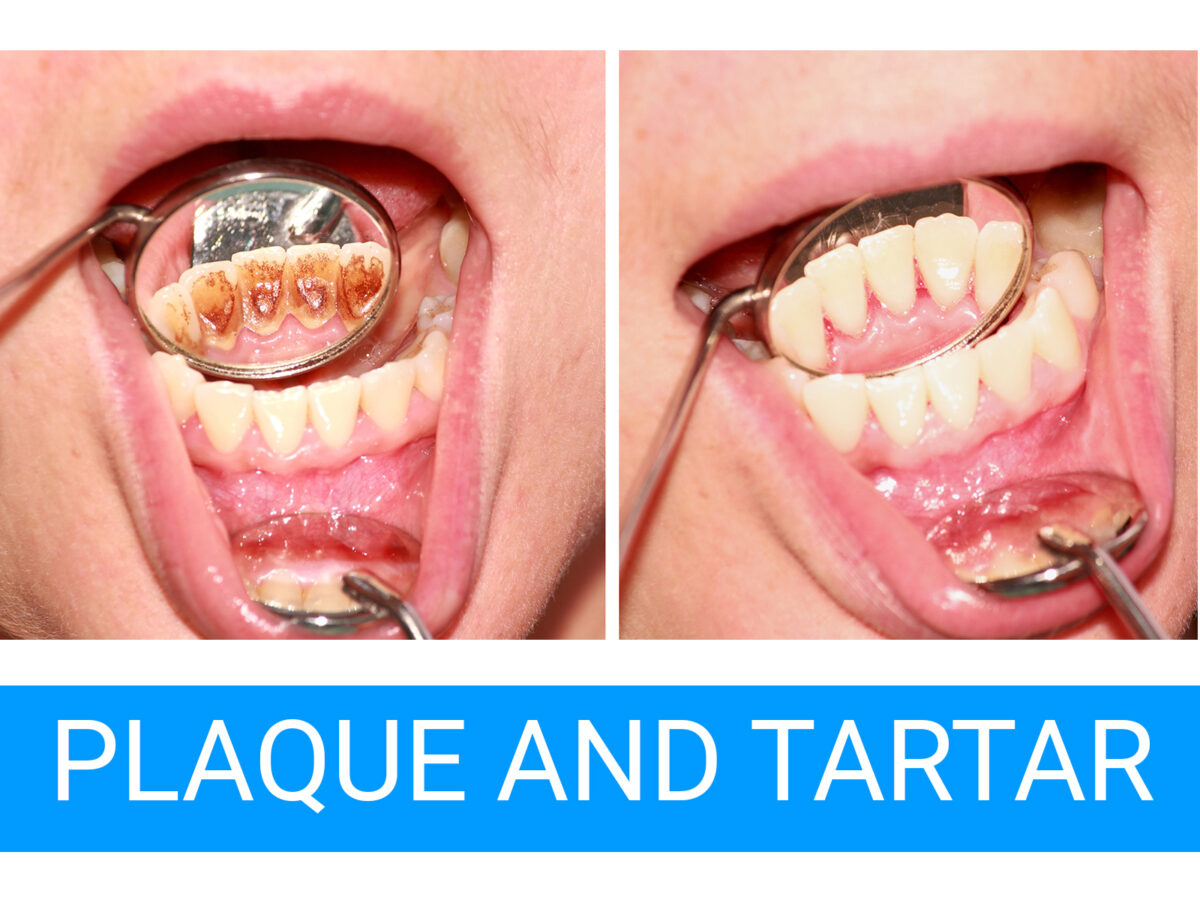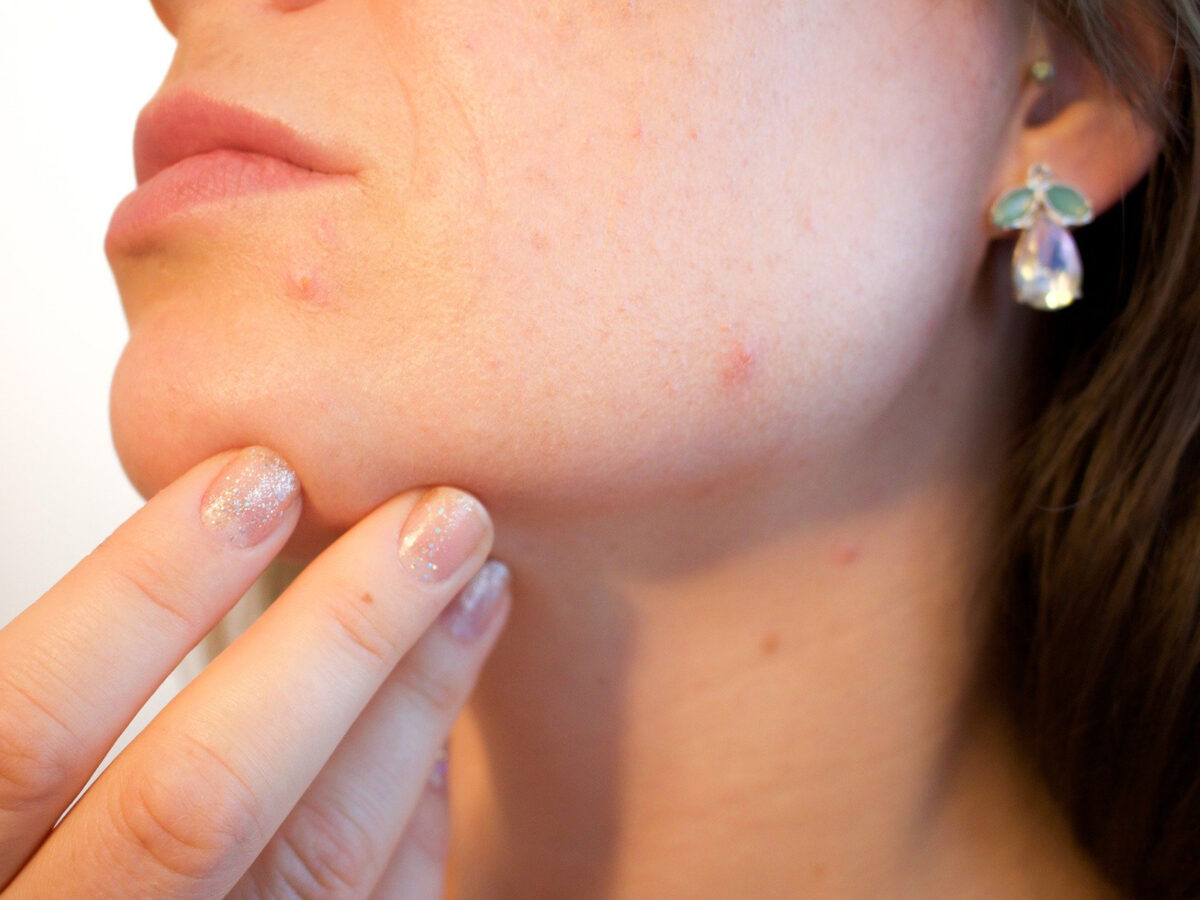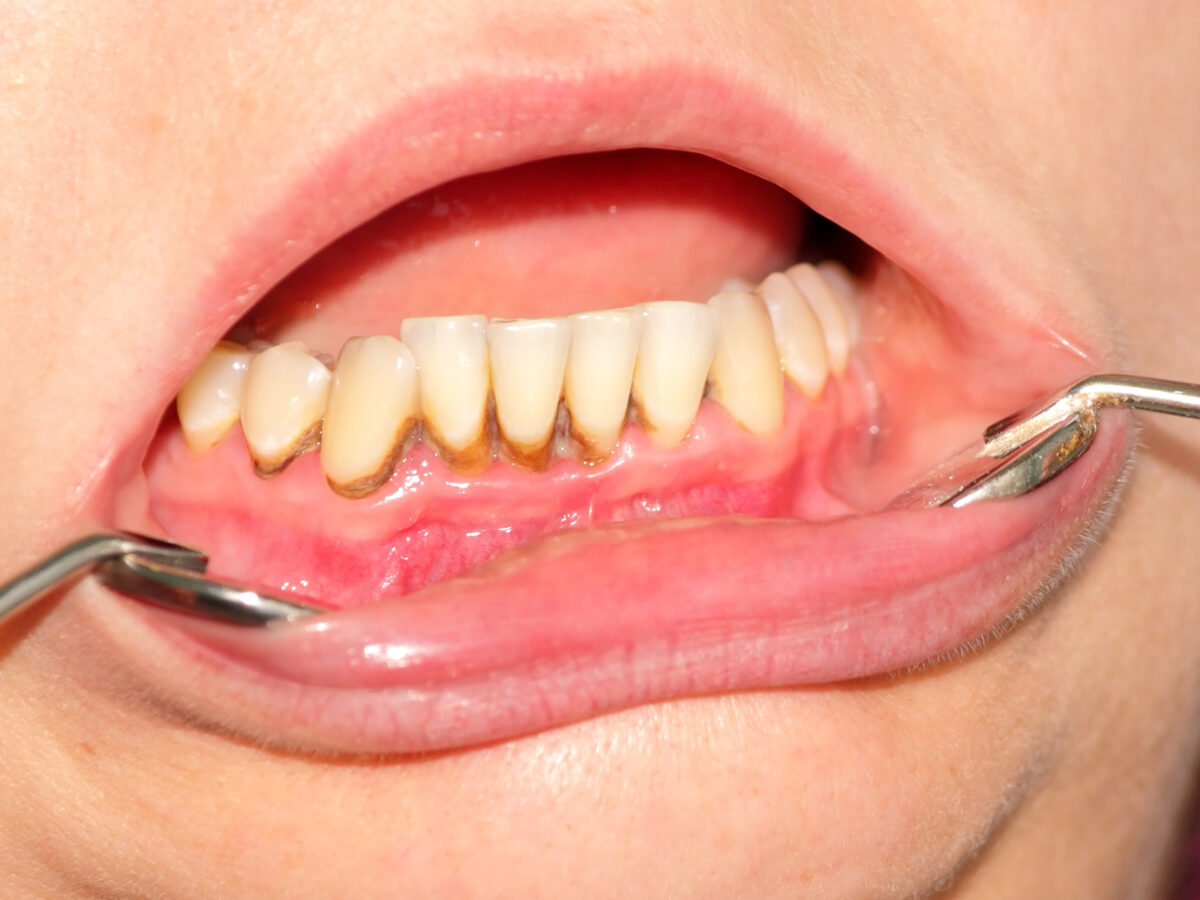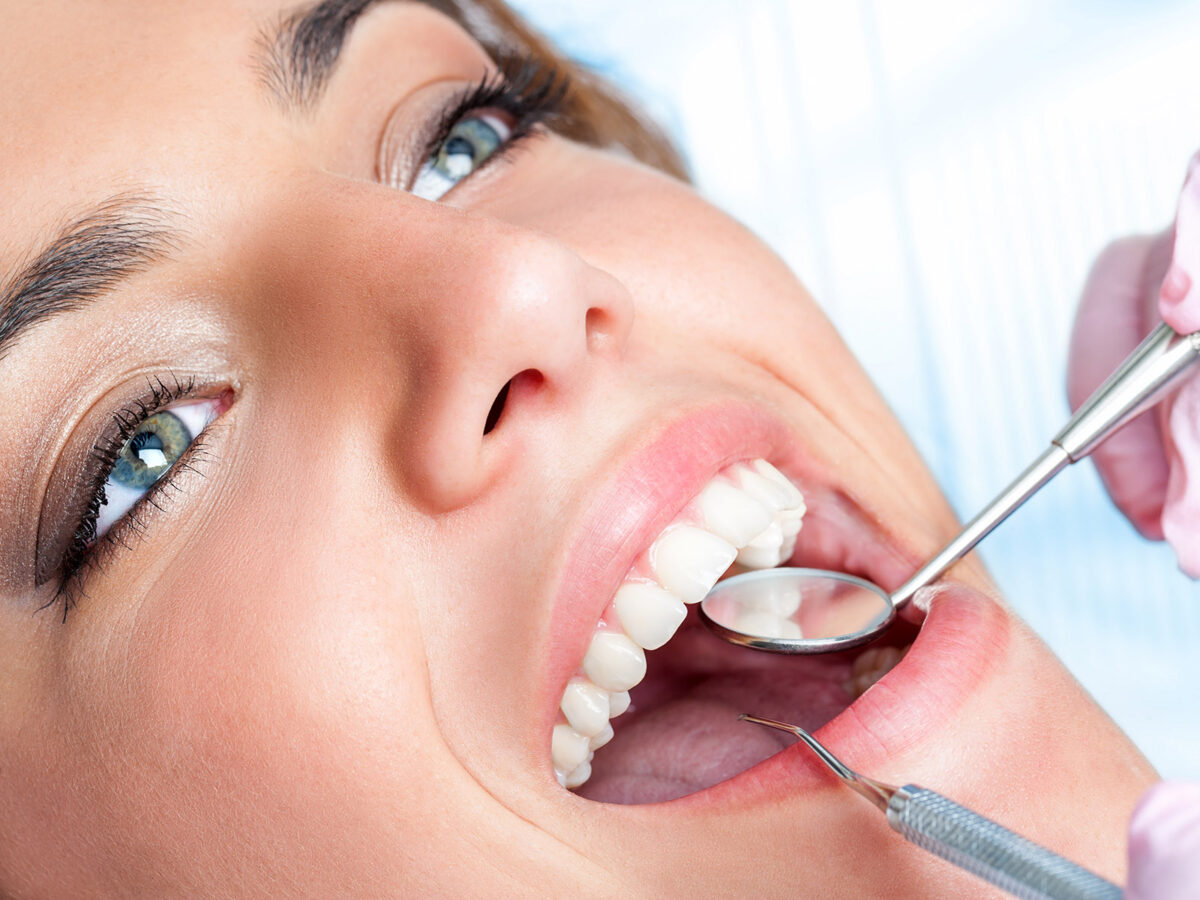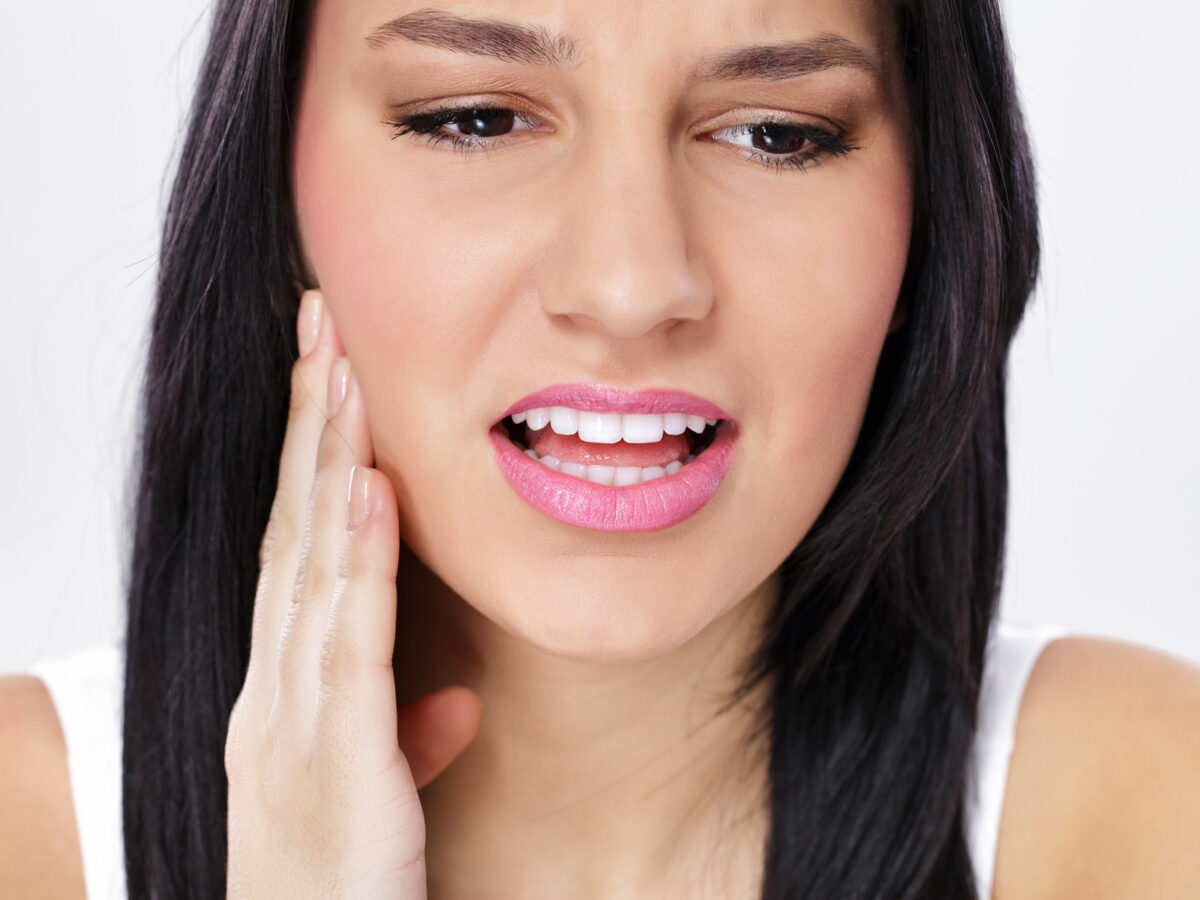Despite all of us brushing and flossing regularly, the buildup of bacteria on our teeth cannot be stopped. It is completely natural for accumulation of bacteria to occur. This bacteria later gets mixed with the remaining food particles and by-products to make a stickup layer of plaque also called biofilm. This layer is slimy and covers the entire teeth and gum linings. As this plague is full of bacteria, it can destroy the enamel and can lead to cavities.
At other times, this plaque buildup takes a more severe turn and aggravated to forming a severe form of tartar. If the plaque stays back on your teeth and you do not take care to contain it, it’ll spread faster. When this plaque accumulation occurs without its removal on the gum linings or the teeth for an extended period of time, it turns into tartar.
Problems caused by tartar buildup
This tartar can irritate the tissues of the gum, catalyse the increase of plaque and in turn aid in causing gum diseases and cavities. Tartar buildup declines oral hygiene and pushes the individual into a vicious cycle of dental health issues.
When the tartar gets oiled around the linings of gums, all the surrounding tissues get inflamed and swollen leading to gingivitis. Often, these tissues bleed due to such inflammation.
The other problem caused by the amassing of tartar includes the destruction of how your teeth look in general while talking, smiling or eating. It gives a very displeasing look making teeth look dull and tinted by looking stained. Alongside, it also causes foul breath, aids the buildup of bacteria that destroys the enamel, and causes gum diseases like periodontitis and gingivitis.
Does tartar removal hurt?
Tartar removal is always done by professionals and cannot be performed at home. These orthodontists use dental hygienist tools to remove all the tartar buildup. This includes an ultrasonic device with a small nozzle that takes out all the tartar from areas and places which are difficult to reach. And later the dentist can make use of a scraper to remove the buildup. Usually, the entire procedure lasts for 30-45 minutes.
Removing tartar can hurt if:
- Severe Tartar Buildup: The extent of tartar buildup will determine how much pain you will experience during tartar removal.
- Sensitive Teeth: If your tolerance for enduring pain is less and the teeth are more sensitive than normal, you can experience more pain.
- Poor Oral Health or Dental Diseases: If you have gingivitis, periodontitis or other gum and teeth diseases and cavities, removing tartar can be painful due to poor oral health.
- Types of equipment used: Depending on how professional the dentist is and the tools and equipment he uses, the level of pain can vary.
Depending on the level of pain you are experiencing, your dentist can give you anaesthesia while going for the tartar removal procedure. Topical or local anaesthesia is generally used for the process. Dentists usually give anaesthesia if the patient has deep gingival pockets and inflamed gums. After assessing the patient’s sensitivity and oral health, the dentist can recommend it right before the procedure.
If there is tartar buildup in your teeth and you are scared that tartar removal will cause pain, it is best to see a professional. Consult a dentist before it gets too late and your oral hygiene gets compromised. Book your appointment now and get your dental issues resolved!

